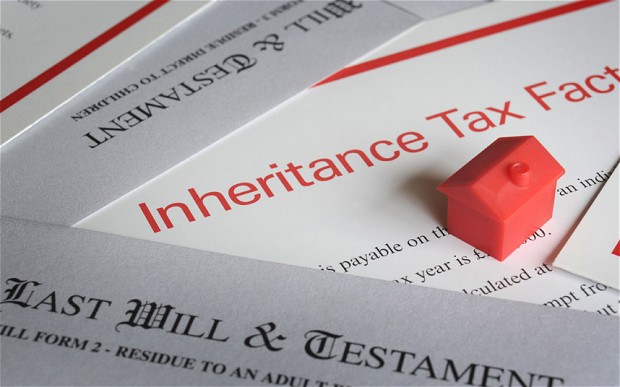If you suddenly inherit some assets from someone who has passed away, you might feel disheartened when you discover you might owe taxes on them.
USA Today reports the value of federal inheritance tax depends on the state where your deceased relative lives, the worth of the assets, and how close you are to the dead person.
But there is a big chance you might not even pay for it since the maximum value threshold is high, and only six states impose the federal inheritance tax as of the 2022 fiscal year.
States Imposing Federal Inheritance tax
Inheritance tax applies when the person dies and passes on the assets to the heir who lived in the following states: Iowa, Kentucky, Maryland, Nebraska, New Jersey, and Pennsylvania. The state will determine the amount of inheritance tax based on the deceased asset.
Generally, inheritance tax rates range from less than 1% to 18% of the value of property and cash you inherit. But it is better to check with your state as the value changes yearly.
Meanwhile, Iowa is abolishing the federal inheritance tax by 2025. While, In New York, bill S2782 was proposed on January 24 to introduce a gift tax and tax on inherited income. The bill’s purpose is to generate around $8 billion in revenue for the state.
Also Read: Apply for Roth IRA and Have Tax-Free Withdrawals

Only six states impose the federal inheritance tax: Iowa, Kentucky, Maryland, Nebraska, New Jersey, and Pennsylvania. (Photo: Richard Kayne)
Rules in Paying Federal Tax on Inheritance
You do not pay federal tax from your inheritance unless you gain income. Gains include dividends from any bonds or stocks you may have inherited.
Brian Schultz, a partner at certified public accounting firm Plante Moran, said any gains from the estate between the time the person died and the amount distributed to you should be reported on your tax return.
Meanwhile, spouses and charitable organizations are automatically exempted from paying taxes. Children and other dependents, such as grandchildren, may qualify for either exemption, partial exemption, or pay the lowest rates.
An heir who has no familial relationship with the deceased might pay the highest rates of taxes.
Managing Inheritance Tax
To lessen the burden on your beneficiaries, you must manage your assets before death. You can eliminate or limit the amount of inheritance tax by giving a portion of your assets to your beneficiaries. USA Today said you can give a certain amount to everyone, still tax-free. For instance, the annual gift exclusion for 2023 is up to $17,000.
You can also set an irrevocable trust where you give up some control over the assets to your beneficiaries. In this case, your beneficiaries become the official owner, and no trust assets will be transferred upon death. Hence, there are no charges in estate or inheritance taxes.
Read More: 12 Non-Taxable Forms of Passive Income

